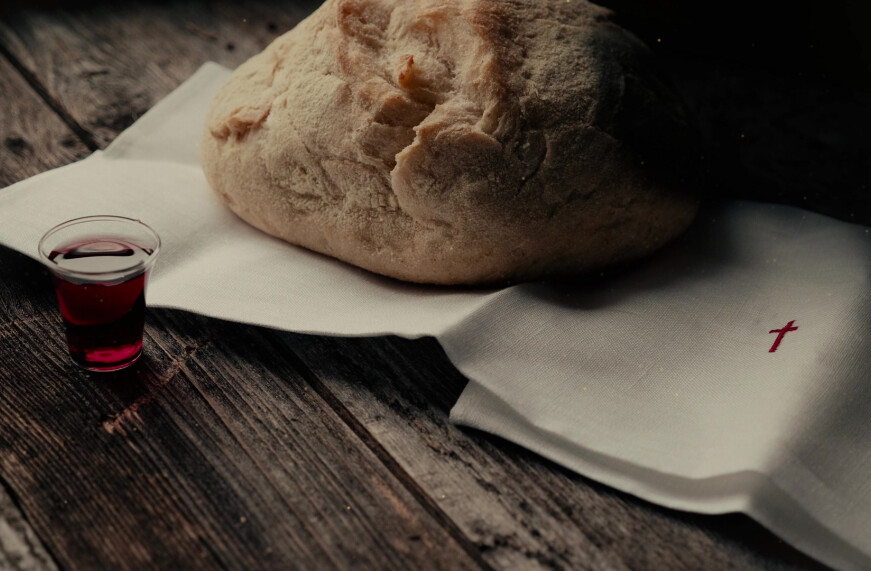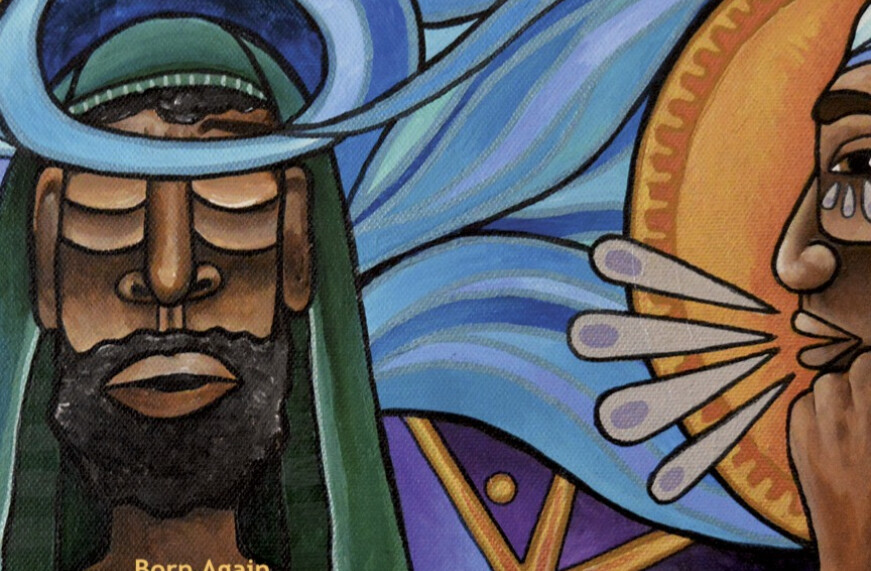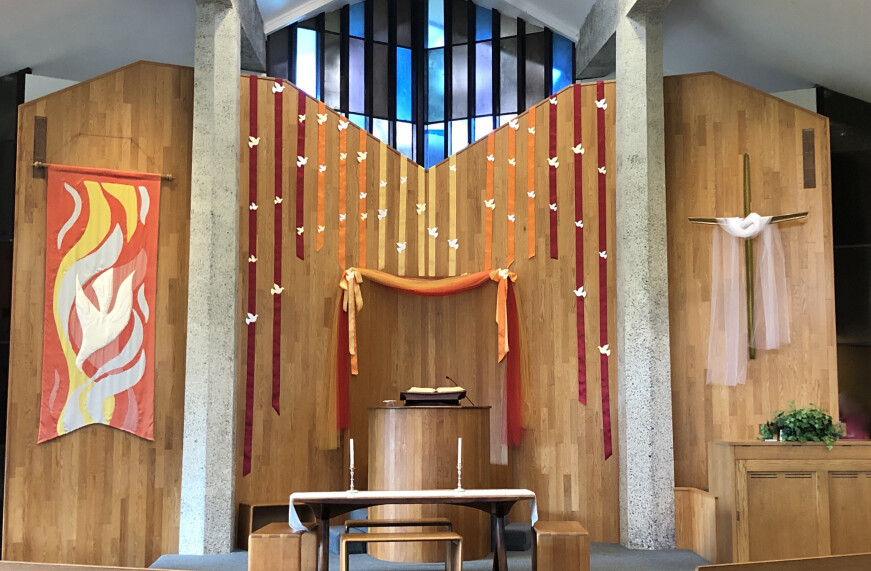Sunday, June 6, 2021

Dear St. Luke family:
For the next few weeks, I’m going to focus on the Old Testament passages in the lectionary. The lectionary is an agreed-upon list of readings chosen from the entire Bible, assigned to each Sunday and holiday in a three-year cycle. Each Sunday is assigned a gospel reading, a psalm, a reading from a New Testament epistle (Paul’s letters, for example), and an Old Testament reading.
Some people wonder why we bother to read the Old Testament, more recently referred to as the “Hebrew Scriptures,” when it’s full of violence and human power struggles, and after all, Jesus appears only in the New Testament. But the Hebrew Scriptures were Jesus’ Bible; they were his sacred texts. They shaped him and his faith. We are supposed to do with these texts the same thing that Jesus did: We are to search these old, old stories for the judgment of God, and the hope of God. Reading through the lens of God’s love, the lens Jesus used, we are to listen for the truth they tell us about who God is, and what God calls God’s people to do today, now, thousands of years after they were written. Sometimes that means being disturbed by the text and asking, “Is this really about God, or is this about what these people wantedGod to be like?” And then the natural follow up question: “In what ways do we remake God in our own image?”
This summer, the Hebrew Scriptures passages tell us how Israel transitioned from a loose confederation of tribes to a kingdom. The story tells us that they arrived in the land of Canaan after the Exodus from Egypt, and found the land already occupied by a variety of people groups. I say, “The story tells us,” because much of what is recorded in these accounts is some blend of actual history, legend, and political apology. Nevertheless, in these stories, we witness people working out how to live as God’s people, which is precisely what people of faith are attempting to do in the 21st century.
I heard many of these stories as a kid in Sunday school: Samuel, King Saul, David and Goliath, King Solomon, and so on. The versions I heard in Sunday school were appropriately sanitized. You might learn things this time around that you didn’t learn in Sunday school.
This Sunday, we’ll also celebrate the Lord’s Supper, both virtually for our Zoom worshipers, and in the sanctuary for the first time since the pandemic shutdown. I go into some detail about what that will look like in my midweek video, which you can find here.
We have figured out how to serve communion in person safely, using little prepackaged kits. As I say in the video, safety is our paramount concern. It is a temporary solution. My thanks to Joanne Larson and the Worship Committee for helping make this happen. It will be a new experience for all of us.
Grace and peace,
Joanne Whitt
Interim Pastor


